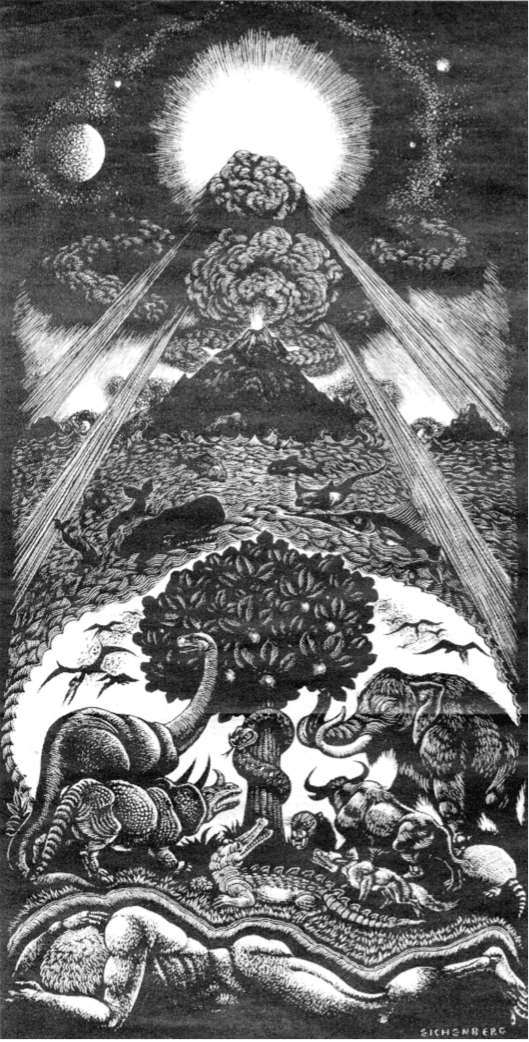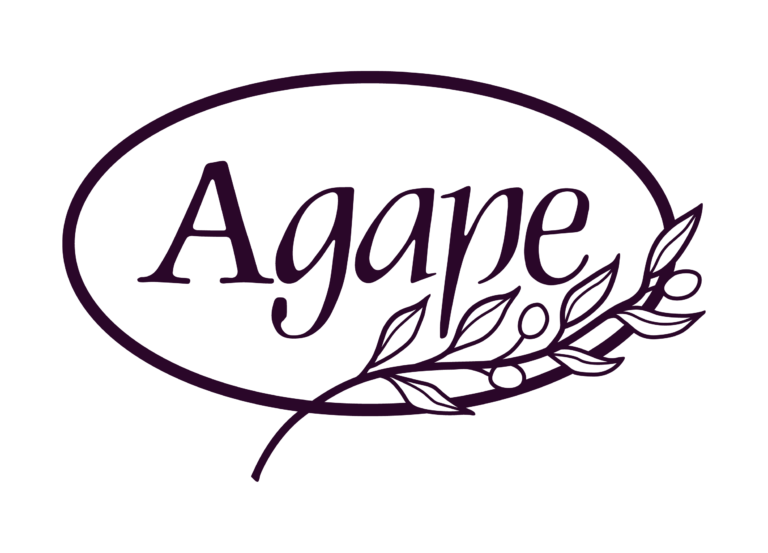 by Suzanne Belote Shanley
by Suzanne Belote Shanley
The cascade of global and national catastrophes is so devastating that we hear repeatedly on newscasts phrases such as “There are no words to describe Yemen.” Nevertheless, a human rights official managed to locate a few: “Hell on earth for millions of children…starving and in jeopardy.” Wordlessness yields to words as collectively we struggle to give language to misery and innocent suffering. “Every ten minutes, a child dies in Yemen.” Imagine if we in the US heard: “Millions of American children in Boston are near starvation.” It would never happen. Why is this? What do we need to comprehend about the privilege of white, western protection from indiscriminate use of our first world bombs on other people’s children?
In California, in response to the Camp Fire conflagration in the foothills of the Sierra Nevada, in the town of Paradise (note the grim irony of Hiroshima-like ash to describe a place named after the eternal sublime), a reporter on NPR referring to Paradise sounds like he is describing Yemen: “This is so devastating that I really don’t have words to describe it.” One survivor grimly states: “It’s all dirt.”
As I watched walls of flame chasing human beings in flight, many of them, elderly, like me, perhaps hundreds of them burned alive, a commentator cuts through to the cause: “We are staring at global warming in its malevolent eye. …” The town of Paradise was flattened, incinerated, like Yemen, like similar towns in Syria and Mosul, Iraq. Americans experience “war zones” without an actual war.
Eerie footage of Paradise reminds us of the scorched earth that lays waste to children and cities in Yemen. The war in California, however, is war on the earth and its residents through Climate Change and human error, perpetrated by the same purveyors of war for profit and the manufacture of arms, the US in the forefront.
We, the world’s people, are on a collision course with planetary disaster, with an increasingly diminished threshold for action as alarmingly declared by the recent UN report on Climate Change. The chilling scenario is one of massive death and disruption over ensuing decades. Referring to the apocalypse in his state of California, Governor Jerry Brown calls it: “the new abnormal.”
Other aspects of American life also remind us of living in a war zone: American citizens are killing each other with 307 mass shootings in 311 days. The sites and names of the massacres begin to blur in our minds as Thousand Oaks, a town in California, the scene of a mass shooting just a month ago, has now has become a place of a devastating wild fire. Words like blood bath are tragically common with the statistic that “4 of the largest mass shootings in 5 decades happened in 2018.” In the words of Marvin Gaye’s 60’s anthem: “What’s Goin’ on?”
How do we as human beings relate to this pervasive landscape of death as we are immersed both literally and figuratively in ongoing carnage and brutality? Lost and lonely young men, belonging to cells of domestic terrorists and white supremacists, gun down worshipers, whose members are now armed. What is the toll on the human heart and psyche as we try to grasp the national and international descent into homicide, hatred of the other and polarization?
Hate crimes are on the increase for the third consecutive year. In Massachusetts, five people a day die of opioids. The litany of death is endless. I am reminded of a line from the poet, Theodore Roethke: “In a dark time, the eye begins to see.” But what do we see? Do we see, really, in the sense of entering into the suffering of others with our sight? Or do we turn away, close our eyes and hearts, and settle into numbness, incapable of empathy. “What’s goin on? “
Where do we find relief? In previous years, faith, prayer, reliance on one’s church might offer solace. However, even the Catholic Church is splintered, some say irretrievably. Pope Francis recently peremptorily postponed the reforms on child abuse to be announced this week by American Catholic Bishops’ Conference.
Thomas Farragher of the Boston Globe observes that the child abuse scandal has “landed on the doorsteps of the chanceries and behind the velvet ropes of the Vatican.” (Boston Globe, 11/14/18). Jesuit Tom Reece amplifies the ubiquitous conflagration analogies: “What the Vatican doesn’t understand is that our house is on fire.” (Boston Globe 11/15/18).
I agree with a Paradise survivor who says: “I don’t know how to process this. My entire town is gone.” Familiar support structures are in collapse, with demonic power struggles at the top? What is required to process this?
Rabbi Abraham Heschel, the great Jewish mystic offers a profound insight:
Only one question therefore is worthy of supreme anxiety: How to live in a world pestered with lies and remain unpolluted. How to be stricken with despair…keeping the soul unsoiled and even aid in purifying the world.
Are we a country of polluted souls, wandering adrift with primary and secondary PTSD? What is our spiritual stance on all of this? “What’s goin’ on?” Is our soul pollution at such a level that we are succumbing, as Katherine Mangu-Ward warns, to a “temptation to binge watch” by compulsively tuning into these “snipe fests?” (NYTimes, 11/18/18).
In these soul-shredding days, I grapple with how to assuage the anguish that I live with daily. Where does God come in? I sometimes worry that the concept of prayer has become so trite, that I hesitate to use the phrase: “I’ll pray for you.” The teenage survivors of the Parkland massacre have disparaged the overuse of the gun-lovers’ and politicians’ slogan: “Our hearts and prayers are with you.” Still, I pray and believe I am heard, that healing flows outward from my unheard voice.
What kind of God do we pray to? Poet Denise Levertov suggests that our God is a “shivering God” whom we must hold to “our icy hearts,” where God may find “milk” there, sustenance. Could it really be true that God needs us? Are we the rescuers of God. How does one grasp such a notion? Does God feel pain, experience sorrow? Where do all of these ponderings take us?
Wendell Berry, poet and naturalist grapples with the inadequacy of words to describe “a world beyond words.” He believes that words are insufficient to describe the ineffable; therefore, we must “just stop”. His advice: “Sit still,” and “know for a moment the nearness/of the world, its vastness…” Is sitting a sufficient remedy for a blood bath, I ask myself? How do I say to the children of Yemen that “I sat.”
Thomas Merton tells us that as we awaken dread, we must acknowledge that “despair is everywhere.” We need not think that “our interior solitude consists in the acceptance of defeat.” Merton suggests that we need to “live facing despair…without consenting to it.” Easier said than done. Merton’s action step: “hope in the cross.” Not what I really want to hear.
As much as I don’t want to pick up the cross, the truth is that the cross I must bear now is the one of existential pain. I am so tired of all the suffering, the lying, the money, the greed, the war.
Merton means, I think, the same thing that Phil Berrigan did, when a year before his death he urged all of us: “Don’t get tired.” We have to keep carrying the dread, the pain, and the despair. Then, we pray and act—Merton’s remedy for my dilemma: contemplation and action.
I took my aching soul, my ravaged heart, with members of Agape to a Shabbat service at Temple Sinai in Longmeadow, Massachusetts, after the Pittsburgh Tree of Life massacre. At the Shabbat, we experienced an interfaith sharing amidst Hebrew prayer and chant. For the first time in months, I felt comforted. I realized that my pain, though not that of the immediate families of sufferers, is not trivial. The Jewish strangers in the congregation offered me solace, welcoming me to share their grief.
Entering into grief for the world means accepting my emptiness, my powerlessness. I am not alone in my despair. It is a collective condition. We lament over our mutual brokenness and try to stay “unsoiled” in the process.
These motions might bring some “illumination” which Hannah Arendt, in her book Men in Dark Times says “come less from theories…than from the flickering and often weak light that some men and women, in their lives and in their works, will kindle under almost all circumstances and shed over the time span that was given them on earth. …”
Relying on my “weak light,” I seek a remedy to my continued sorrow at our human predicament. Dorothy Day lived through this dual conundrum of despair and light, dismissing discouragement by saying that her despair was a luxury for which she didn’t have the time. Similarly, poet Paul Goodman, calling on Creator Spirit, to “join in our consultation,” wrote that “we do not have the leisure to despair.”
Inspired by Standing Rock and Indigenous Peoples’ witness world-wide against pipe-lines that desecrate sacred lands, voter suppression and a legacy of intergenerational trauma, I have drawn comfort in the words of Natalie Diaz, a Native American poet from Standing Rock. She says that the medicine we need for the extraction of evil is water: “Water is the first medicine” that helps us remember “from where we came.”
In the Agape chapel recently, we read the mystical passage from Ezekiel 47:1-12, which one commentator referred to as “Return of the Divine Presence.” Water is flowing everywhere in Ezekiel’s vision. He measures and re-measures the flow, saying in a mystical transport: “Wherever the river goes, every living creature which swarms will live…” Mni Wiconi, Water is Life.
All of the “waste places” of a nation’s history, Ezekiel promises, will be redeemed for “nothing is beyond the reach of God’s grace.” The exegesis offers consolation to those of us trapped in the metaphorical or actual fires of our time. “There is no hopeless situation, no group of people who are beyond redemption, no …unhappy past which need condemn us to a future delivered over to despair.”
Perhaps this is my weak illumination for now. I must trust in a return to Divine Presence. Ezekiel, the women of Standing Rock are manifestations of that presence as guides, as are the mystics and prophets.
The poet Ranier Maria Rilke, in “The Poet Speaks of Praising,” offers a remedy which takes me beyond the secular, the political, and the temporal. In response to a hypothetical question: “But the monstrosities and the murderous days, /how to you endure them, how do you take them?” Rilke replies: “I praise.” In praise of powerlessness, I return to Jesus, my Catholic faith, to hope in the cross?
I wrestle with despair, yearning for relief for all those suffering in such staggering misery. Is it possible that beauty and goodness still flow out to and through us frail, depressed and mortal souls?
Maybe in time, I will discover that my sorrow, the tears of the world, will at some point in the future be transformed into the Balm of Gilead, but not in the linear way I expect. We may need to rest in the contradiction, the paradox, until the moment of release arrives in a gesture, a word, an action, as fleeting as breath.
